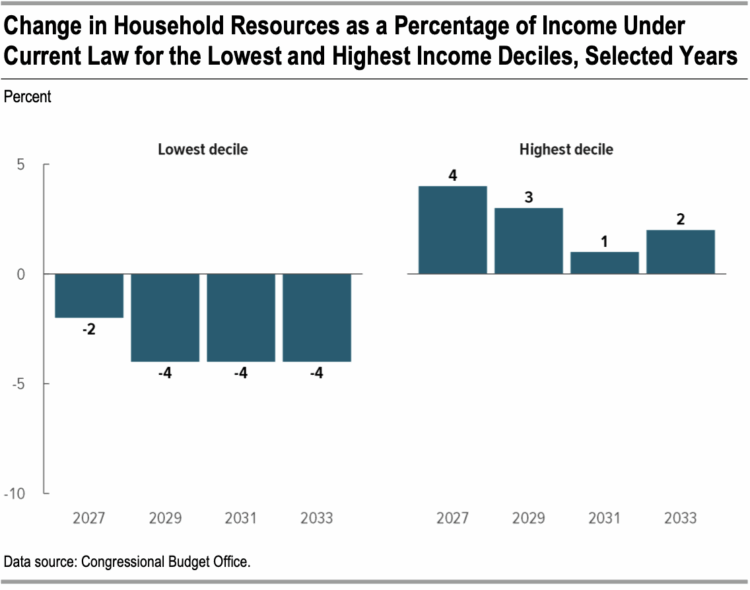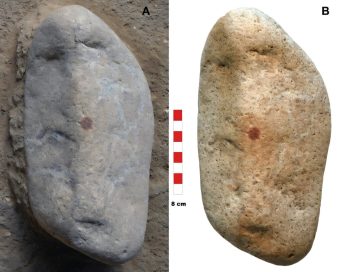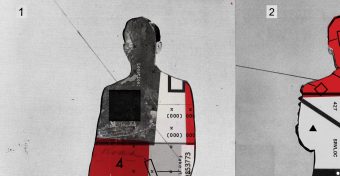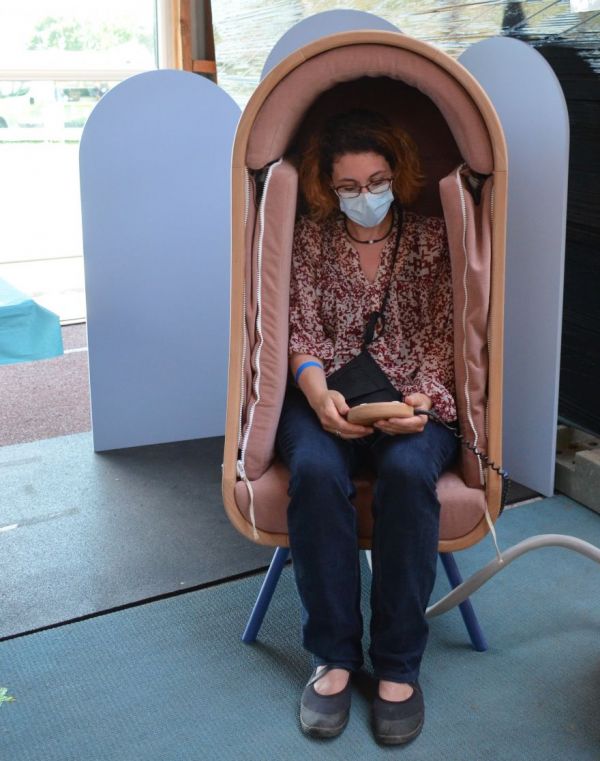|
The unbearable darkness of the Cuyahoga County jail
Jails in Cleveland and other cities don’t provide direct access to sunlight and fresh air — even when their own policies require it.
This month, reporters from The Marshall Project’s local news teams took a closer look at the effects of limited sunlight access on people held in jails in Cleveland, St. Louis, and Jackson, Mississippi.
Jail administrators in Cleveland and Mississippi told The Marshall Project that they hope new facilities will improve conditions. City officials in St. Louis closed their crumbling older jail in 2021, but shuffling detainees into the remaining, newer jail hasn’t solved the problems.
The Marshall Project found the jails in all three cities have requirements to provide sunlight and fresh air, either mandated by jail policy, or by the state or federal government. Yet all three have consistently fallen short, according to jail officials and state and federal inspection reports.
Ohio law mandates natural light in housing units in every jail in the state, and the Department of Rehabilitation and Correction has repeatedly cited the Cuyahoga County jail for falling short, state records show. Even though the jail was cited five times since 2019, county jail officials have never faced penalties for failing to meet the standard.
Adam Chaloupka, general counsel for the Ohio Patrolmen's Benevolent Association, which represents the county’s corrections officers, said union members call it “a sick building.” Over the years, many officers have said they have developed breathing problems from the lack of fresh air, he added. The jail opened in 1976.
“No real air circulates. All air is recycled,” Chaloupka said. “In the rec rooms, which are little gyms in a few parts of the jail, they can open up shutters. That’s about the only access to outside air.”
He said the county’s hopes of resolving the complaints seem to lie in the planned construction of a new jail in Garfield Heights.
– Brittany Hailer
New Ohio public records law could cripple access to law enforcement records
Advocates and journalists across Ohio are sounding the alarm on proposed changes to the state’s public records law that would make it harder to access police and court documents.
Opponents say the proposed legislation is vague and could lead to law enforcement records as simple as a police incident report being withheld from the public indefinitely.
The proposed changes, contained in the state’s 4,000-page budget bill, call for prosecution trial preparation records to be withheld until all direct appeals are exhausted, a process that could take years. Currently, the records are available once a case is concluded by trial or a plea.
However, the proposal as written would also exclude the release of records created by law enforcement “in connection with a probable or pending criminal proceeding.” Opponents say the language could be interpreted to include basic police reports, in addition to work products and notes held by prosecutors.
If passed, the bill would directly impact the work we do at The Marshall Project - Cleveland, where our stories rely on public records, including police reports and court documents, to hold the criminal justice system accountable.
The Ohio Innocence Project has been vocal in opposing the changes. Director Mark Godsey questioned whether the agency’s 42 exonerations in Ohio could have happened without access to public records.
The proposal and budget bill passed in the Ohio House last month and is now being considered by the state Senate, where the measures could be accepted, changed or rejected. A vote is expected in June. Gov. Mike DeWine will then have until June 30 to sign the bill or use his line-item veto.
– Brittany Hailer
Court still working to comply with FBI subpoena for Celebrezze, Dottore records
More than three months after the FBI revealed an investigation into embattled Judge Leslie Ann Celebrezze, the Cuyahoga County Domestic Relations Court has started to turn over thousands of pages of records subpoenaed by federal investigators.
So far, court officials say they have turned over hundreds of pages of personnel files and are working to catalog thousands of pages of case files. Court staffers are sifting through boxes of documents in the courthouse basement because the files are not stored electronically. The county hired an outside attorney to be its liaison with federal investigators. A spokesperson for the FBI declined to comment.
A federal grand jury subpoena delivered to the court in mid-February showed that FBI agents and federal prosecutors are investigating Celebrezze and the ties she has had to court-appointed receiver Mark Dottore since she was elected in 2008. Celebrezze approved nearly $500,000 in fees for Dottore Cos. LLC between January 2017 and June 2023, The Marshall Project - Cleveland reported.
The subpoena targets contracts, subcontracts, billing information, fee approvals and payment information related to Dottore Cos. LLC. Investigators also want personnel records for Celebrezze and her staff, including performance reviews, evaluations and any public complaints or referrals. Federal investigators have given court officials an extension to deliver the records.
The subpoena came after The Marshall Project - Cleveland detailed in June 2023 how Celebrezze assigned herself several divorce cases and appointed Dottore and his company as a receiver to handle marital property, which can include real estate, cash and businesses, in lucrative divorce cases.
The criminal investigation is not Celebrezze’s only trouble. In early May, the Ohio Disciplinary Counsel recommended that Celebrezze be suspended from practicing law for a year for steering work to Dottore. The counsel recommended that six months of the punishment be dropped, if Celebrezze commits no further misconduct. If suspended, she would be allowed to return to the bench after the suspension. Her current term expires in 2027.
Celebrezze has admitted to being in love with Dottore and already admitted to the misconduct. She invoked her right to remain silent in a disciplinary hearing. She has until May 30 to respond to the counsel’s recommendation.
– Mark Puente
Around the 216
-
Cleveland Mayor Justin M. Bibb and Police Chief Dorothy Todd announced plans to address safety concerns ahead of the upcoming summer. Bibb said the city will focus on crime hot spots and enhanced technology while helping youth with jobs and summer activities. Signal Cleveland
-
The Ohio Supreme Court reversed a lower court ruling, finding a Cleveland woman convicted of a felony while using a firearm must serve mandatory prison time. Cleveland.com
-
The Cleveland Community Police Commission has restarted its search for a new executive director after failing to identify a candidate to replace outgoing interim leader Jason Goodrick, who has taken another job with the city. Signal Cleveland
|














